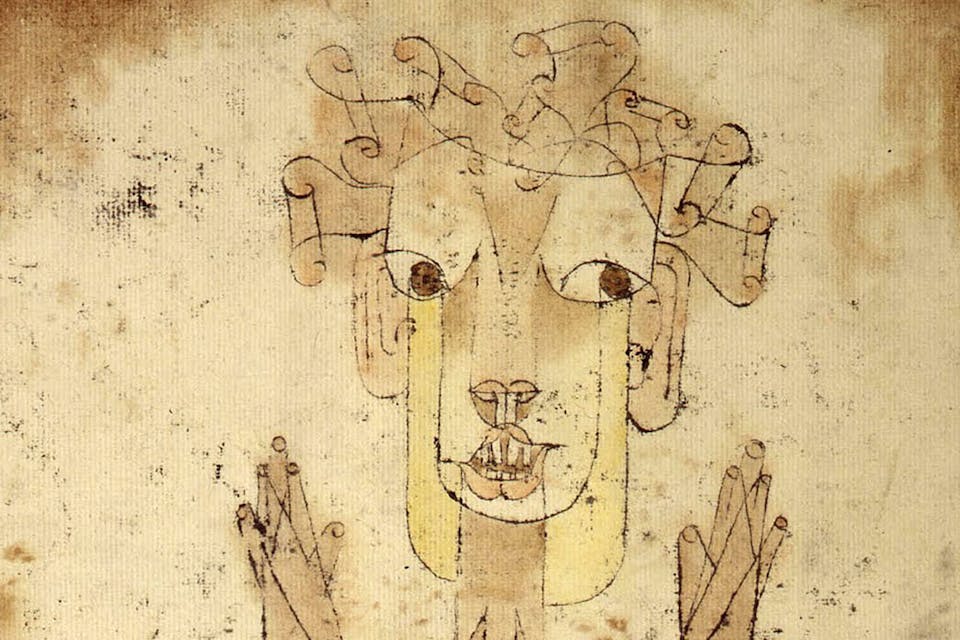
April 28, 2021
What’s the Reason for Hebrew’s Mixed-Up Genders?
By PhilologosQuite a few masculine and feminine Hebrew words, when pluralized, take the form of the opposite gender. Why?
Mosaic’s editor Jonathan Silver writes:
“All inflected languages have irregularly declined nouns; that’s quite common. But I wonder if in Hebrew there is an idea that is embedded in particular irregularities. For instance, why is so essentially masculine a word as avot [fathers] pluralized in a feminine way, or so essentially feminine a word as nashim [women] pluralized in a masculine way? Is there a reason for this?”
The gender and the plural forms of Hebrew nouns, and the relation between the two things, can indeed be both puzzling and exasperating. The two examples cited demonstrate why. The Hebrew word for “father” is av and the Hebrew word for “woman” is ishah; the Hebrew masculine plural ending is –im and the feminine plural ending is –ot; logically speaking, therefore, “fathers” should be avim and “women” should be ishot. And yet, as Silver observes, it’s exactly the other way around. (The plural transformation of the first syllable of ishah from i- to na- is a different sort of anomaly that will be dealt with further on.) What’s going on? And why is it that these exceptions should occur precisely in words whose meanings actively include maleness and femaleness?